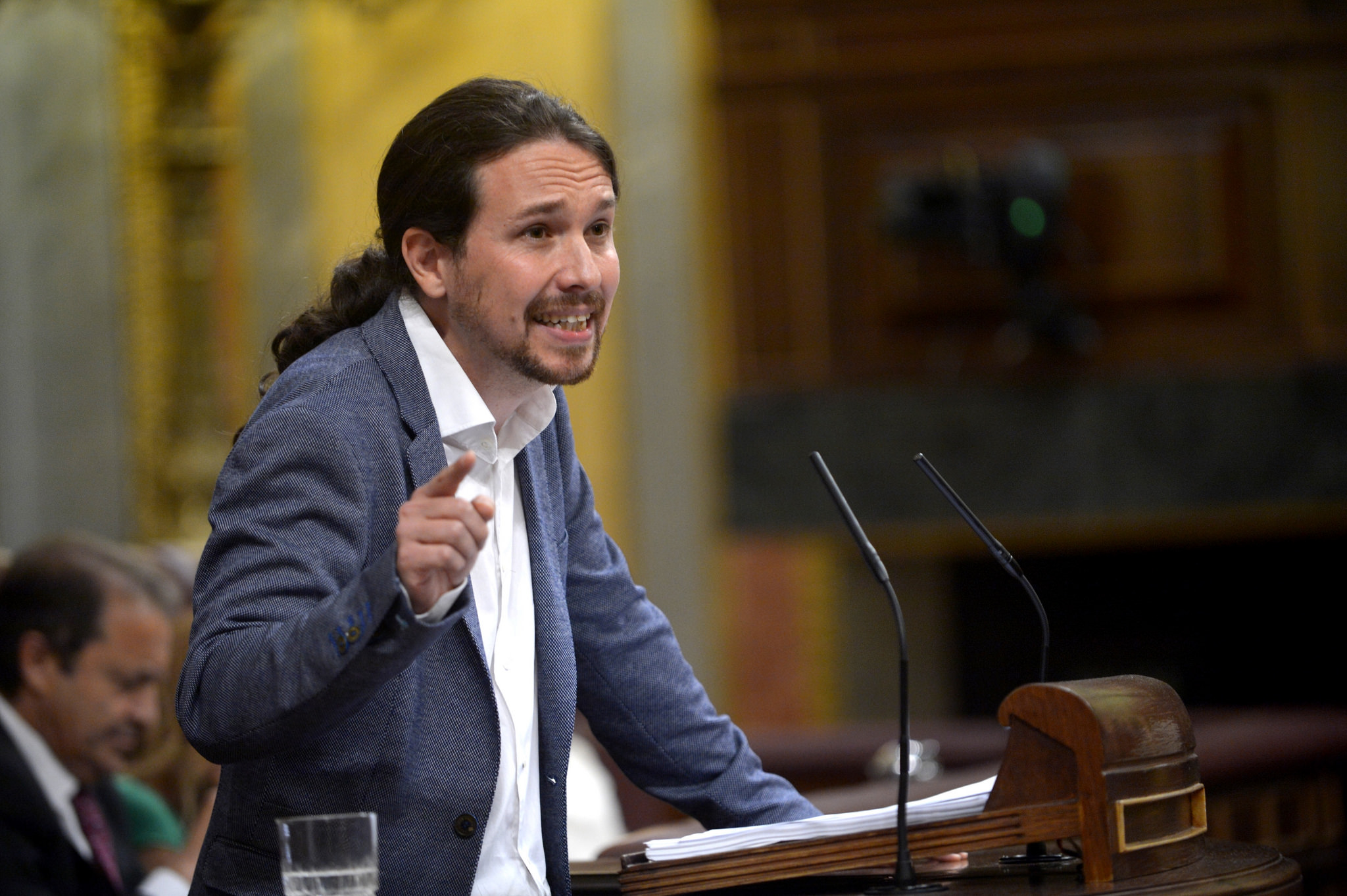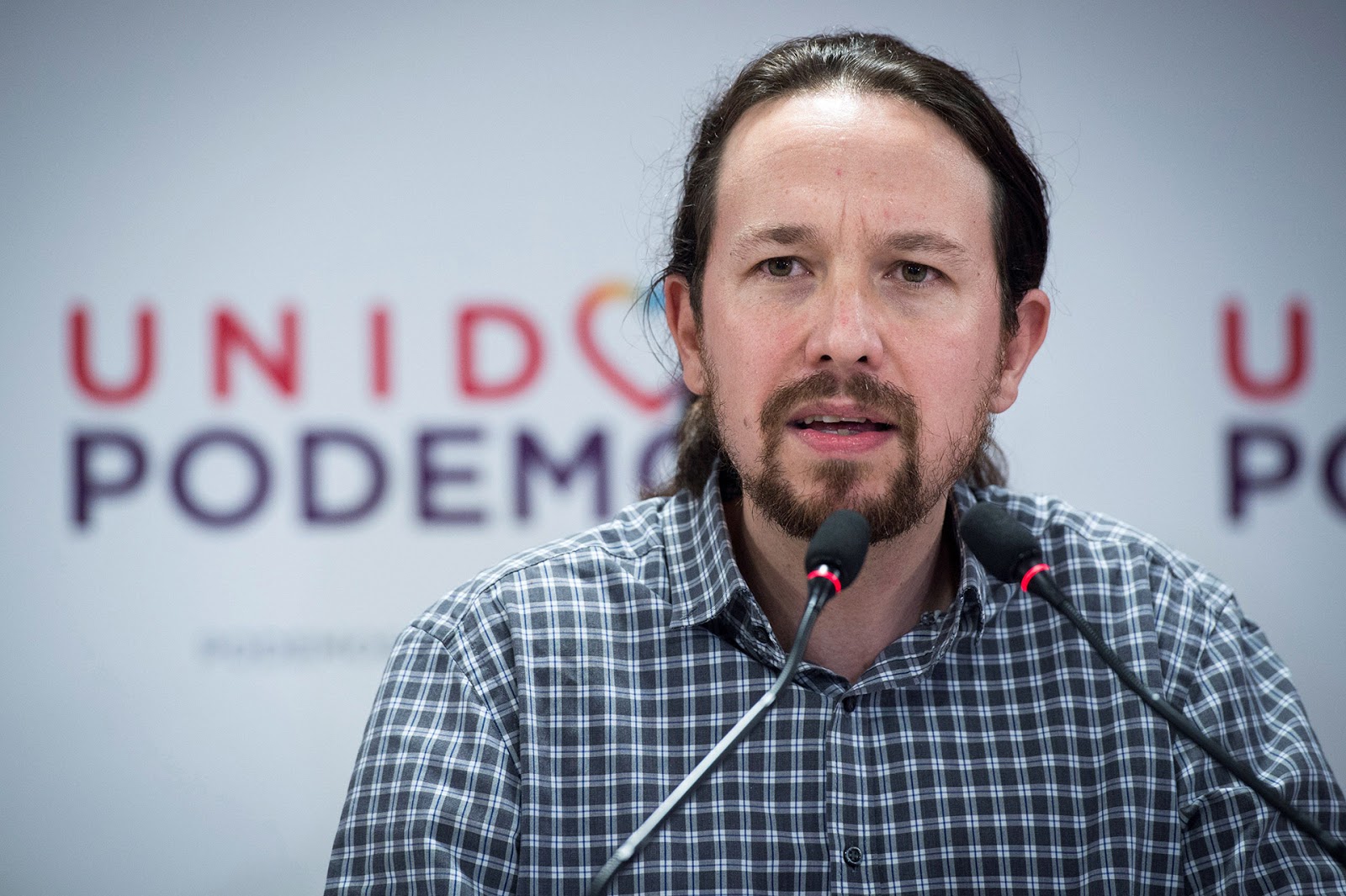


Disputar la Democracia (2014) was a tightly written manifesto excoriating the corruption of Spain’s political order as consubstantial with a development model based on real-estate speculation. Iglesias read law, then politics and film studies moving from post-autonomism-his doctoral dissertation was Multitude and Collective Post-National Action -to Gramscian cultural criticism: Machiavelli before the Big Screen (2013) offers readings of A Few Good Men, Dogville, Katyn´, Ispansi, Amores Perros and Kubrick’s Lolita through the lenses of Gramsci, Said, Agamben, Wallerstein, Brecht, Harvey, Butler. Pablo Iglesias, Podemos general secretary, was born into a leftist madrileño family in 1978, and cut his teeth as a schoolboy activist in the pce. The hands-on confidence gained working with radical governments in Bolivia, Ecuador or Venezuela helps explain the audacity of their bid to mobilize the discontent of the indignados in a national political project. Intellectuals and publicists, they were radicalized in the nineties, amid swirling currents of Negrian political theory and alter-globalism their presentational skills were first honed on community tv. The core group of Complutense University lecturers who founded Podemos in 2014 are thirty years younger than M5S’s directors. In generation and formation, too, the leaderships are quite distinct. Unlike the Five Stars, however, Podemos has a mass protest movement behind it: the May 2011 indignado occupations and the two years of direct action against evictions and cuts that followed. In Greece, Troika management has forced the Syriza government to confront the German-led Eurozone regime head-on for Spain’s Podemos and Italy’s Five Star Movement, the principal target is still the national system and its ruling order, which both call ‘the Caste’. In Italy and Spain, however, anti-austerity parties have been set up from scratch-the first mass-based left parties to be founded anywhere since the Brazilian pt in 1982. For the most part, popular anger has found expression through existing anti-establishment parties: ukip and the Front National in England and France, the snp and Sinn Féin in Scotland and Ireland, Syriza in Greece. The discredited centre lefts of the Socialist International have been deserted by their core electorates, who have shifted both to the right and to the left. Iglesias then opened up the discussion to questions, where topics ranged from his opinion on the failures and successes of the political transition to the students’ own preferences in Spanish cinema and television.As emergency policies have hardened into a new political order, Europe’s two-party system has come under increasing strain. He also touched upon other themes such as the price of liberty, the differences between political film in Spain and the United States, and the immense importance of film on cultural formation and historical memory. Through a focus on three films, La Vaquilla, Tierra y Libertad, and Soldados de Salomina, Iglesias explained how these examples attempt to depoliticize the topic from an unbiased perspective. He explained how the lack of a concrete political consensus during the period of Spanish democratization created an environment in which the war and the subsequent political transition is not openly discussed in Spanish society. Iglesias began by contextualizing the conflict through the social trauma that still presides in Spanish culture today. Having written about the topic in his book Maquiavelo frente a la gran pantalla (2013), Iglesias is well versed in both the cinematic representation and the sociopolitical ramifications of the conflict. Iglesias’ discussion with the HCAYS students and faculty focused on the role of film in the representation of the Spanish Civil War. Currently, he is a professor at the Universitat Oberta de Catalunya. Iglesias is also well known for his role in founding Podemos, a leading left-wing political party. He served as vice president of the Spanish government and as minister of social rights (2020-21) under President Pedro Sanchez. Iglesias began his political career as a member of the European Parliament in 2015 before representing Madrid for five years as a member of the Spanish Congress of Deputies. Students studying in the Hamilton College Academic Year in Spain (HCAYS) had the opportunity to engage in discussion with Spanish political scientist and former Vice President Pablo Iglesias Turrión in November.


 0 kommentar(er)
0 kommentar(er)
